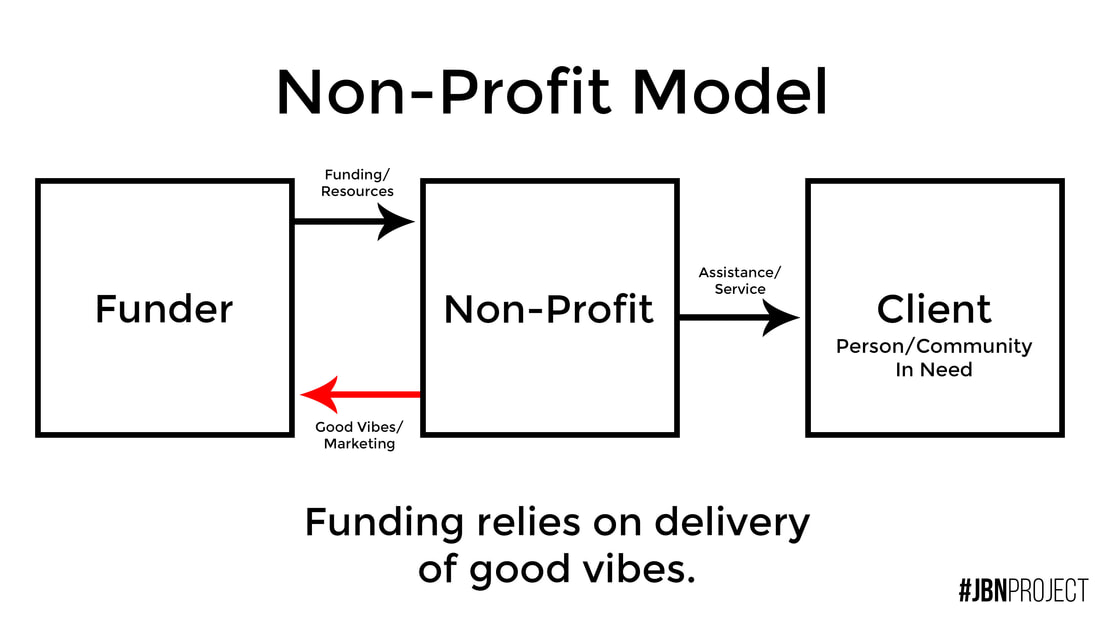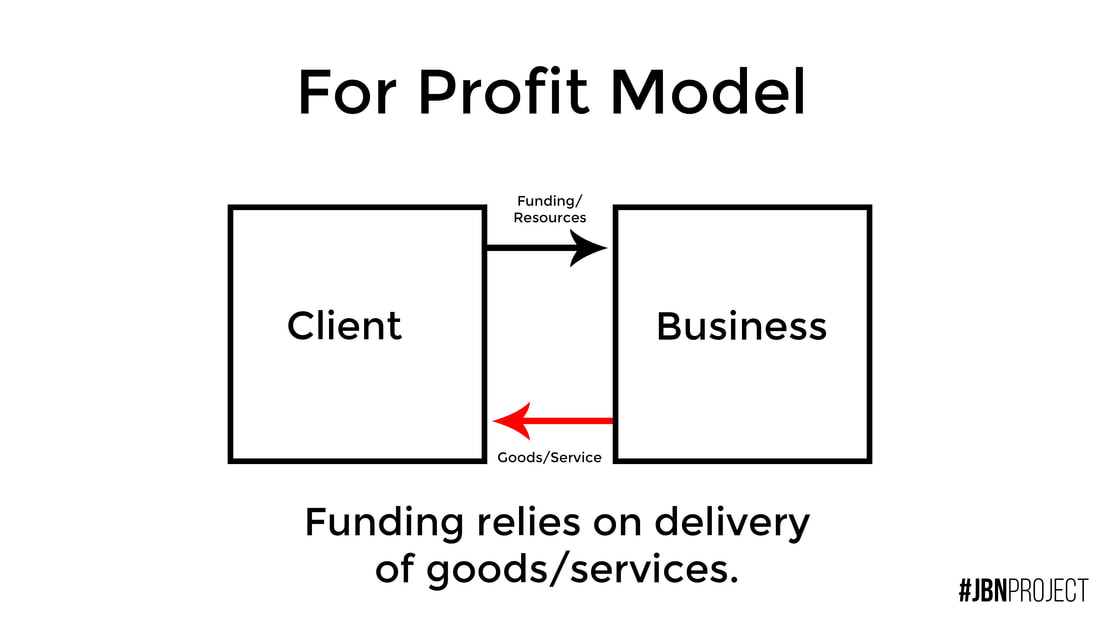|
Everywhere we look, we are being asked to transact. Social media has become a wasteland of advertising, product placements and sponsored posts. To the left and to the right we are being sold solutions, avenues to avoid discomfort, things we can purchase to fulfil our dreams.
Transactions, everywhere. Online even seemingly social interactions are actually transactions. What you ‘like’, what you watch, the filters you use on your photos.. They’re all used to create profiles of you to target sellers to you and your interests, encouraging you to make quick purchasing decisions. Your interactions are transactions to be bought and sold between various agencies, platforms and businesses vying for your attention. It is little wonder then, that over time even altruism, selfless concern for the well-being of others, has become an area of our lives that is predominated by transactions. Work hard, buy things and while you’re at it, buy some good will. Buy some character credits. Buy a good feeling for yourself. Buy something that you can tell your friends you bought that isn’t just the newest bag or car. We don’t tend to call it buying when it comes to altruism, we call it donating, but it is effectively the same thing. Isn’t donating to worthy causes a good thing? Yes it is, and No, it isn’t. Here are a few reasons to explain… Firstly, donating to a good cause is a common selling point among non-profits and transactional altruists. Unfortunately donating to a good, or worthy cause, doesn’t have any relation to whether you are donating to a good or effective organisation or solution. Most non-profit organisations have the dubious distinction of receiving funding from a source other than the end user, unlike businesses. When you are getting paid by people who aren’t using or receiving your service, the function of fundraising moves from doing an awesome job of helping people, to, doing an awesome job of helping people feel like they’re helping people.
Marketers instead of practitioners. Campaigns that are focused on making people feel good before focusing on doing good. Short attention spans in the marketplace for understanding have created an environment where many people’s comprehension of disadvantage and helping people in need is lacking.
If we were to look at charitable donations as investments, we would be looking at two kinds of returns.
Not every non-profit operates in this way, in-fact in the education and healthcare spaces, where the end-user is more often responsible for funding, we find more time spent on studying efficacy and improving services than in other kinds of non-profit organisations. Instead of working to improve the populations’ holistic understanding of disadvantage, we are constantly sold sound bites of very visible disadvantage. Promotions and shows that focus on rough sleeping homelessness, 30 second “Stories” before anyone competes on anything, from X-Factor, Aus Idol to Australian Ninja Warrior. We are being told constantly that stories of disadvantage and inequality of opportunity can be understood with 30 seconds, a montage and some sad music. We are regularly being encouraged to pay attention to the very visible disadvantage that we can easily identify, without being encouraged to understand the pervasive invisible disadvantage that goes on around us every day. Accompanying each one of these bite sized samples of difficulty is a plea to do things that are either really easy, or things you probably want to do anyway, because they are easy sells. Click to donate, send in money, SMS to donate, run this fun run, go to this dinner, drink at this party or take a selfie and use this hashtag. All things that we would ordinarily do anyway, so popping a charitable spin on it encourages more transactions and allows you to combine what you would do with something you’d like to do. Now, at the Just Be Nice Project we don’t have a problem with these things being catalysts for change, but when the most common catalysts for change are transactional rather than based on real understanding, we are only deepening our inefficiencies and making it harder to really help people, help people. |
Just Be NiceA collection of articles relevant to pursuing the effective execution of altruism in the search for equality of opportunity. Archives
February 2020
Topics
All
|


 RSS Feed
RSS Feed